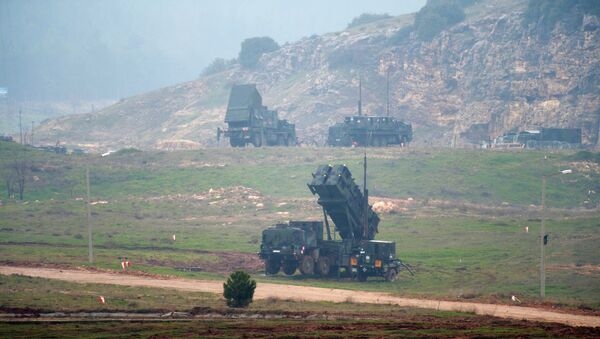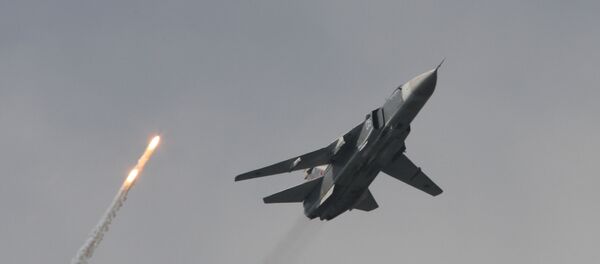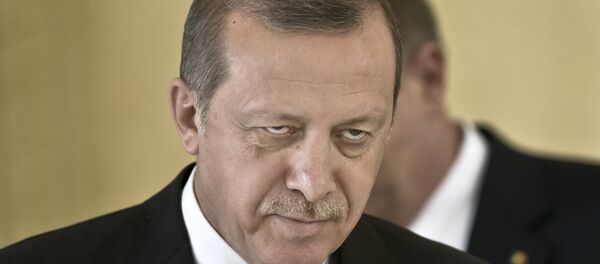Ankara’s downing of a Russian bomber on November 24 has drawn international condemnation. Moscow took the strongest stance against the attack which left two Russian servicemen dead, but Turkey’s NATO allies have also voiced their frustration over Ankara’s aggressive actions.
Despite publicly affirming support for Turkey, both the United States and Germany announced that they will remove SAM batteries stationed in Turkey at the end of the year.
On Tuesday, however, the Spanish Ministry of Defense announced that it would not follow suit, and instead renewed military contracts that will keep its SAM units positioned along Turkey’s southern border with Syria.
Spain indicated earlier this year that it would reconsider its missile placement in Turkey. Washington and Berlin appear to have recognized the potential dangers of air-to-surface missiles in the wrong hands. As the skies over Syria have become increasingly crowded, the potential for accidents has grown.
Spain’s decision is part of their overseas military package for 2016. Included in the 2106 package are plans for the purchase of four Eurofighter Typhoons and participation in NATO’s upcoming Baltic Air Policing Mission.
In addition to downing the Russian Su-24 bomber in Syrian airspace, Turkey has also received heavy criticism for deploying hundreds of ground troops to northern Iraq. Ostensibly aimed at protecting forces at a Turkish military base in the region, Iraq has condemned the move as a violation of its national sovereignty.
"The government is committed to maintain good neighborly relations, but at the same time reiterates its right to take measures to protect national sovereignty," the Iraqi government said in a statement.
Despite a warning from Iraqi Prime Minister Haider al-Abadi to vacate within 48 hours, Ankara has continued its trespass. The United Nations Security Council is currently reviewing a formal complaint lodged by Baghdad.




